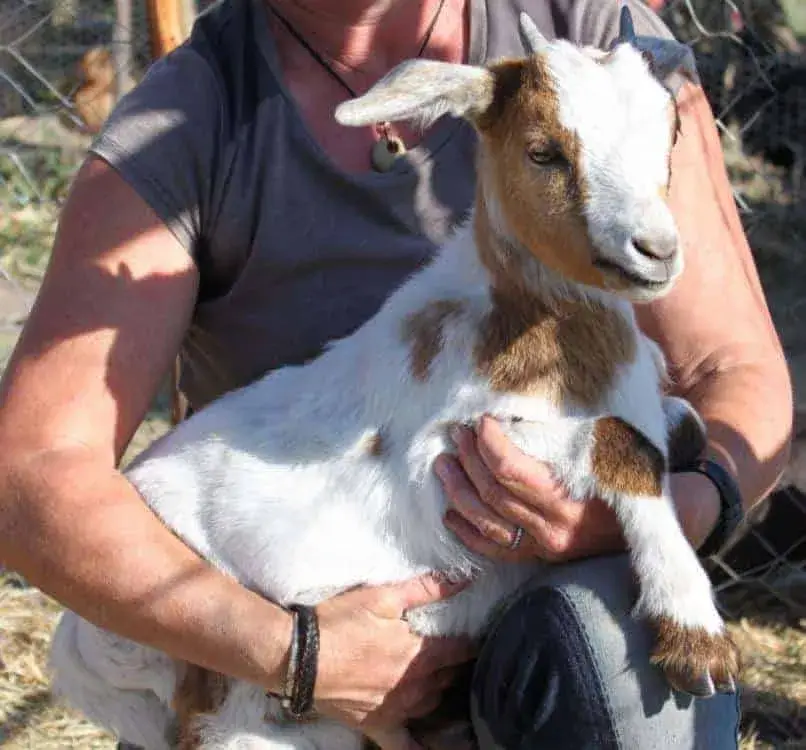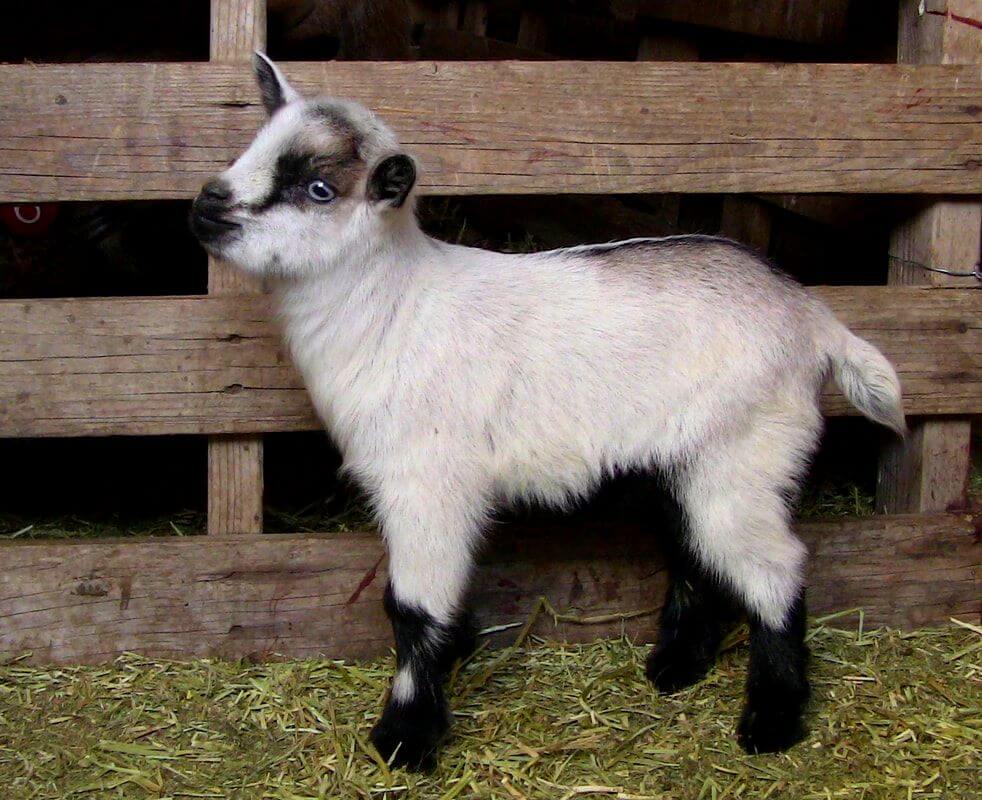Goats are animals known for their special nature. But there are some special goats, too, like Wether goats. But where can you purchase this kind of goat? It is not that hard to get this kind of goat. But it’s not just about finding any goat. It’s about finding the right one for you.
We’ll know what to check for regarding health, from their coat to overall look. There are some important things that you should check before buying this kind of goat. We’re going to talk about that too. Bring a 3-year-old wether goat to your home or farm. You should know everything about it.
So, let’s examine these considerations and where you’ll get the goat of your choice.
1. Where to Purchase
Suppose you’re in the market for a 3-year-old wether goat; there are various places where you can find it. One of the most common options is to attend local livestock auctions or sales. These events serve as hubs for agricultural transactions, featuring a collection of livestock, including Wether. Details about upcoming auctions can typically be found through agricultural listings or online forums dedicated to farming and livestock.
2. Check Health
Upon considering the acquisition of a 3-year-old wether goat, a deep analysis of its overall health is important. This includes observing various indicators, starting with the goat’s general manner. An alert and responsive disposition is a positive sign, suggesting an animal is healthy. Also, a glossy, well-maintained coat and clear, bright eyes further show the goat’s well-being.
3. Check for CAE and CL
Ensuring the long-term well-being of your 3-year-old wether goat involves measures against specific diseases. Two noteworthy concerns are Caprine Arthritis Encephalitis (CAE) and Caseous Lymphadenitis (CL). Requesting authentic test results from the seller is also important, as it shows that the goat you might have purchased is free from these diseases. You take a significant step toward safeguarding your goats by obtaining valid evidence of CAE and CL negativity within the herd.
4. Horns and Shots
Addressing the matter of horns and vaccinations is important in ensuring the safety and well-being of your 3-year-old wether goat. Dehorning, or disbudding, is a common practice to prevent the growth of horns. This procedure involves the removal of horn buds at an early age, minimizing potential risks associated with horned goats. It is a measure to safeguard the goat and its caretakers from potential injuries from accidental collisions.
5. Pick a Breed

Selecting the appropriate breed is crucial in understanding Wether Goats, especially when caring for your 3-year-old goat. Understanding various breeds’ distinct characteristics and capabilities is instrumental in making an informed choice. Some breeds are known for their special milk production, while others are favored for their superior meat quality. Certain breeds are identified for their fiber production, contributing to the textile industry.
6. About Mixed Breeds
When it comes to acquiring a 3-year-old wether goat, it’s worth noting that mixed breeds can be a practical and cost-effective option. These goats result from the genetic combination of different breeds, often having a blend of desirable traits. Going for a mixed breed can offer different advantages, including a potentially lower cost than purebred goats.
7. Nice Goat Moments
One of the most beautiful aspects of owning a 3-year-old wether goat is the packs of happy moments they bring into your life. Goats, known for their playful and curious nature, have a nature of creating heartwarming experiences. Their interactions with their environment and other goats bring a smile to everyone’s face. Observing their joyful leaps, playful head-butts, and social interactions within the herd can be a source of genuine.
8. Personality Matters
When selecting a 3-year-old wether goat, considering their personality is important. Goats, much like humans, have a wide range of characters. Some goats may be calm and composed, preferring peaceful interactions with humans. Others may show a more angry nature, often because of their nature. t is advisable to get a goat with a friendly and approachable nature.
9. Grain and Treats
Understanding the role of grain and treats in your 3-year-old’s diet is also important for overall well-being. While these supplementary food items can be enjoyable for goats, providing them with just enough food is necessary so they do not get overweight.
Grain is primarily a dietary component reserved for specific circumstances. It becomes especially relevant for milking goats, serving as supplemental feed during the milking process.
10. Use of Complements
Using supplements into the diet of your 3-year-old wether goat can serve as a valuable means of its nutritional intake. These supplementary products are designed to provide essential vitamins, minerals, and nutrients that may be lacking in the goat’s regular diet. Before getting any supplements, consulting with a qualified veterinarian is recommended. Professional guidance ensures that the chosen supplements match the specific nutritional needs of your goat.
Conclusion
Finding a 3-year-old wether goat doesn’t have to be complicated. You have several viable options, including attending livestock auctions or sales, where you can directly apply your knowledge. These are big gatherings where farmers and buyers come together.
You can also connect with local farmers or breeders. They might have the goat you’re looking for. Sometimes, you can find them online, too. When you’re getting your new goat, remember to check its health. Look at its coat, eyes, and movement. Check for its vaccination, too.
With these tips, you’ll find the perfect wether goat to be a great addition to your farm or home.

